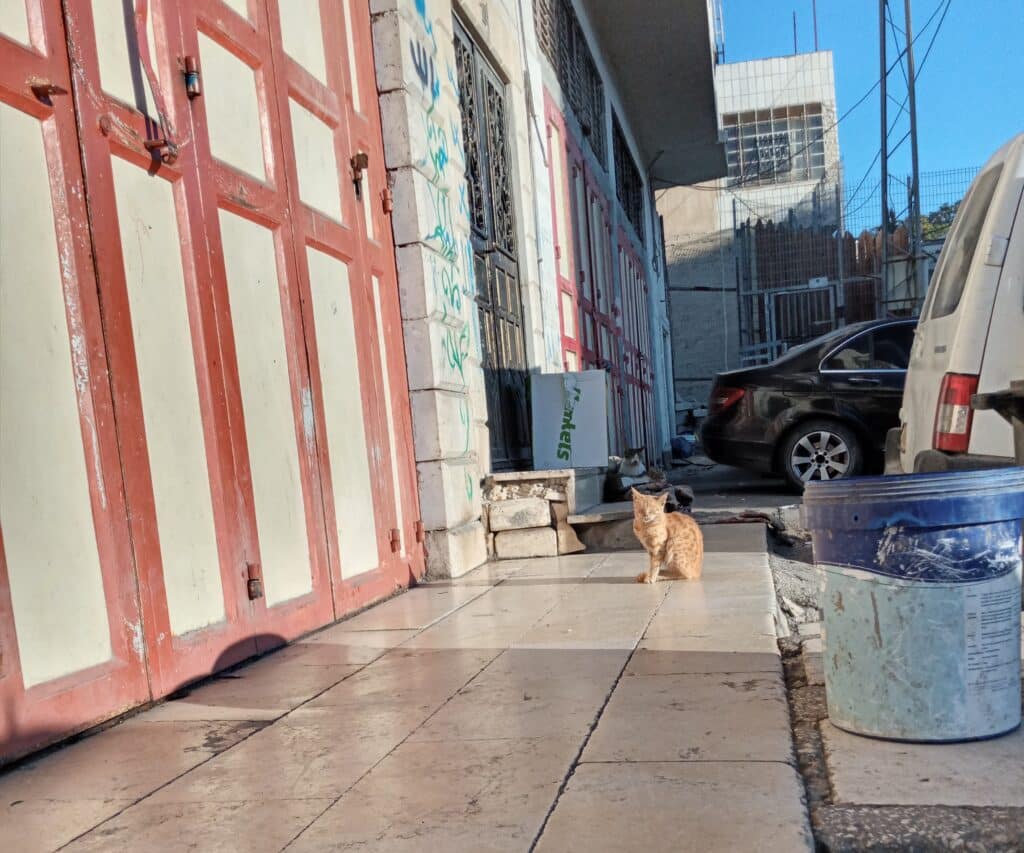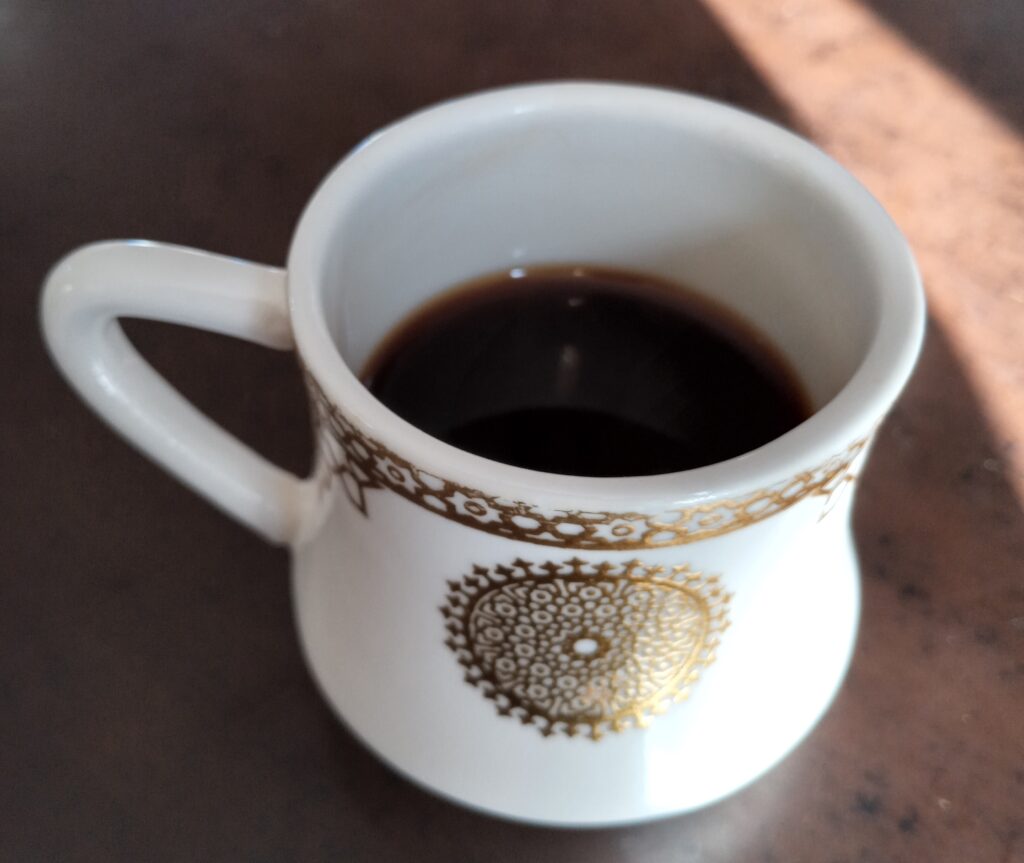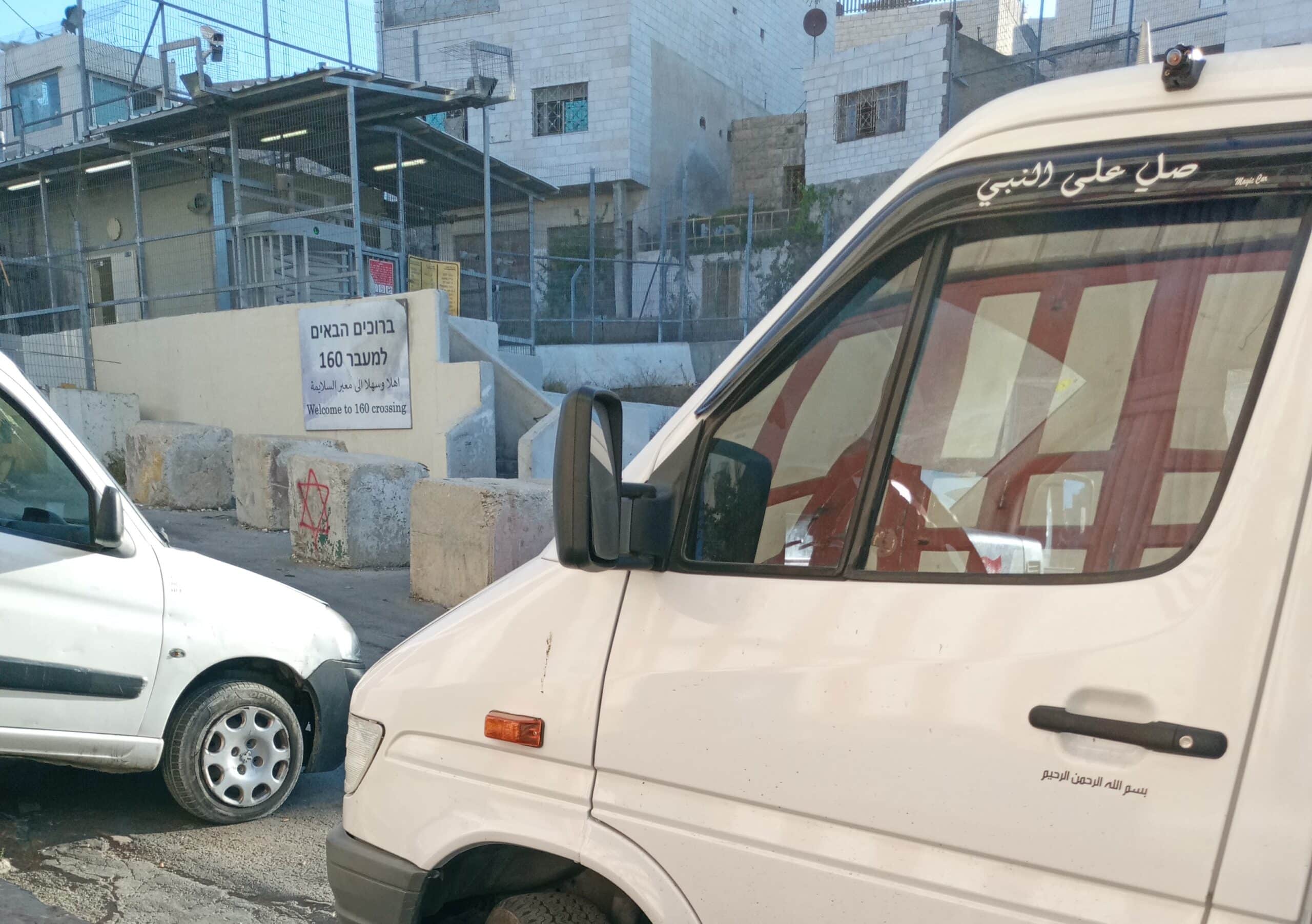Today, Monday 17 October 2022, marks exactly one month since I arrived in al Khalil/Hebron. I have had my passport and religion checked daily, but today was my first personal experience of significant interrogation and intimidation from the Israeli Occupation Forces (IOF).
This morning, like every other, a colleague and I took our stations beside the Salaymeh checkpoint in H2. Upon arrival, we became alarmed at the number of armed soldiers and army jeeps, positioned at the checkpoint where the children crossed to attend school.
Before long, an Israeli soldier, draped with his machine gun, approached and asked me why I was here. He told me that this specific area was only for “Jewish and Arab people” and that it was “dangerous” for me. The soldier was adamant that I should leave, and as he stood looking down at me, from a superior stance, I felt intimidated and filled with trepidation.
I reminded myself to remain calm and unprovoking, that this was merely an intimidation tactic. However, he insisted that I should go with him to safety. The irony of the situation was that the more he insisted, the more I felt unsettled and threatened. I remained where I was and politely expressed my confusion as to how I was in danger. I told him that if I was in danger then surely these children crossing the checkpoint are in danger. This seemed to disconcert him, and he proceeded to call his colleague. We understood that he told his colleague about a foreign woman and an Arab man perched on a step beside the checkpoint, who were refusing to leave. The soldier ignored my colleague—a Palestinian—the entire time and continued only to address me.

The soldier continued trying to communicate with me in very broken English, insisting that this area is “dangerous” because of the “Arab children and their parents,” eventually scrutinizing my passport, and even taking a photograph of it. He then tried to take a photograph of me as I sat on the step in front of him, to which I replied, “Why, when you just took a photo of my passport?” He looked unsure and did not respond. After several phone calls to his colleague, he relayed the final decision to me (ignoring my Palestinian colleague) that I could stay here at my own peril, and departed upon his last words: “It’s up to you to save yourself.”
Sometime after 8:00 am, when all the children crossing had dissipated as school commenced, we retreated into the shop behind us where the local Palestinian shopkeeper greeted us with Arabic coffee. Here, the atmosphere was completely relaxed, compared to that of the checkpoint. The friendly shopkeeper told us about his life experience over the years under the occupation, his family, how he constantly worries about his children and their future— even as adults, and he believes that the only reason he was allowed to keep his shop open was that he had spent some years in Tel Aviv learning Hebrew fluently. He had an air, as many older Palestinian people do, of having lived a life of endurance. He was curious about my life, language, culture and country, the world outside of occupied Palestine.

In the aftermath of this morning, I reflected on the contrasting interactions I had at Salaymeh Checkpoint within one hour of each other. The first with the threatening soldier sporting an automatic weapon, attempting to “bring me to safety” away from the “danger” posed by the “Arabs;” and the second with the hospitable, welcoming, resilient Palestinian shopkeeper, enduring his life under Israeli occupation and the worry he carries for his seven children.
The reality of the situation is that the only element of danger—to me, to Palestinians, and to the children—is the armed IOF, occupying a land that does not belong to them, tormenting and dehumanizing an innocent, Indigenous people. If they truly wanted to remove “the danger” from this country, they would remove themselves and give the Palestinians back their right to self-determination to lead and fulfill a peaceful life.
As unsettling as this first “interrogation” was, I felt a sense of victory that I succeeded in peacefully and inoffensively remaining at the checkpoint and warding off the armed soldier. Yet, I cannot help but think that this was a minor encounter and that it can only get worse from here. Perhaps the next time, the antagonist will be female, speak fluent English, or may even just be having a bad day.
This is the life of every man, woman, teenager and child of Palestine going to and coming from school, work, the grocery shop, a restaurant, a friend or family member’s house. There is no peace here in the H2 area, only hostile, menacing belligerent Israeli occupation.




